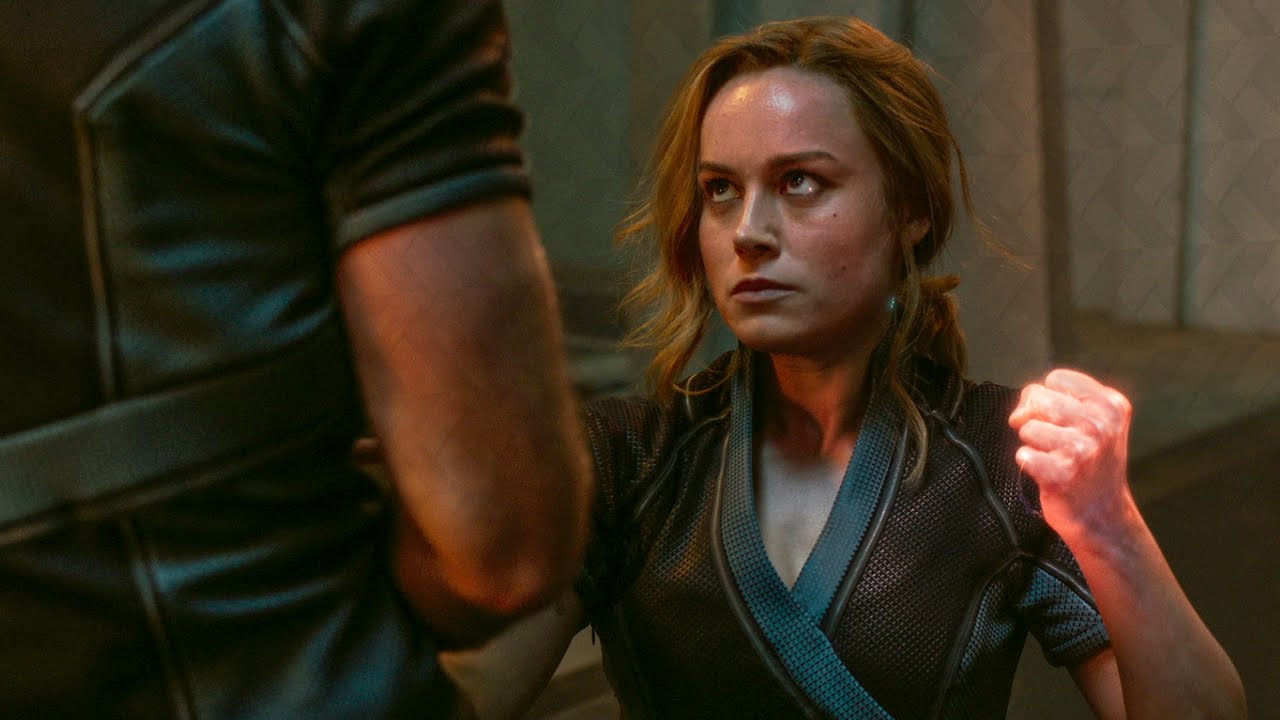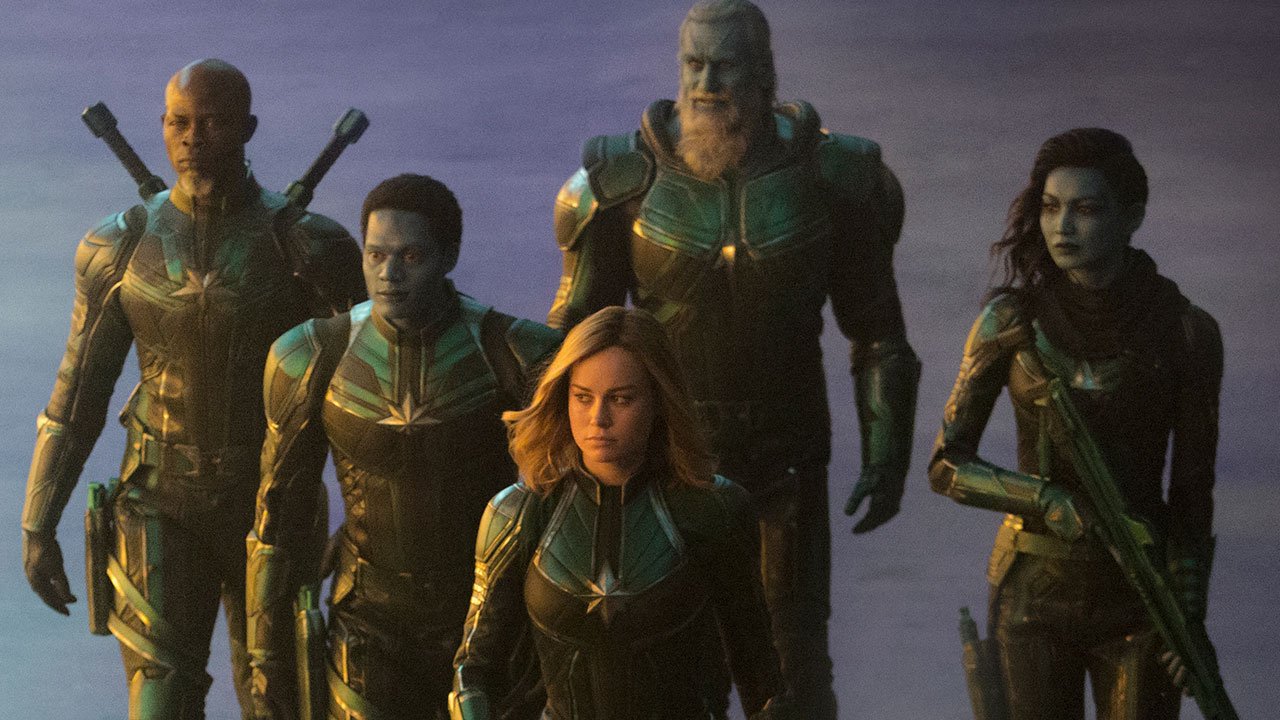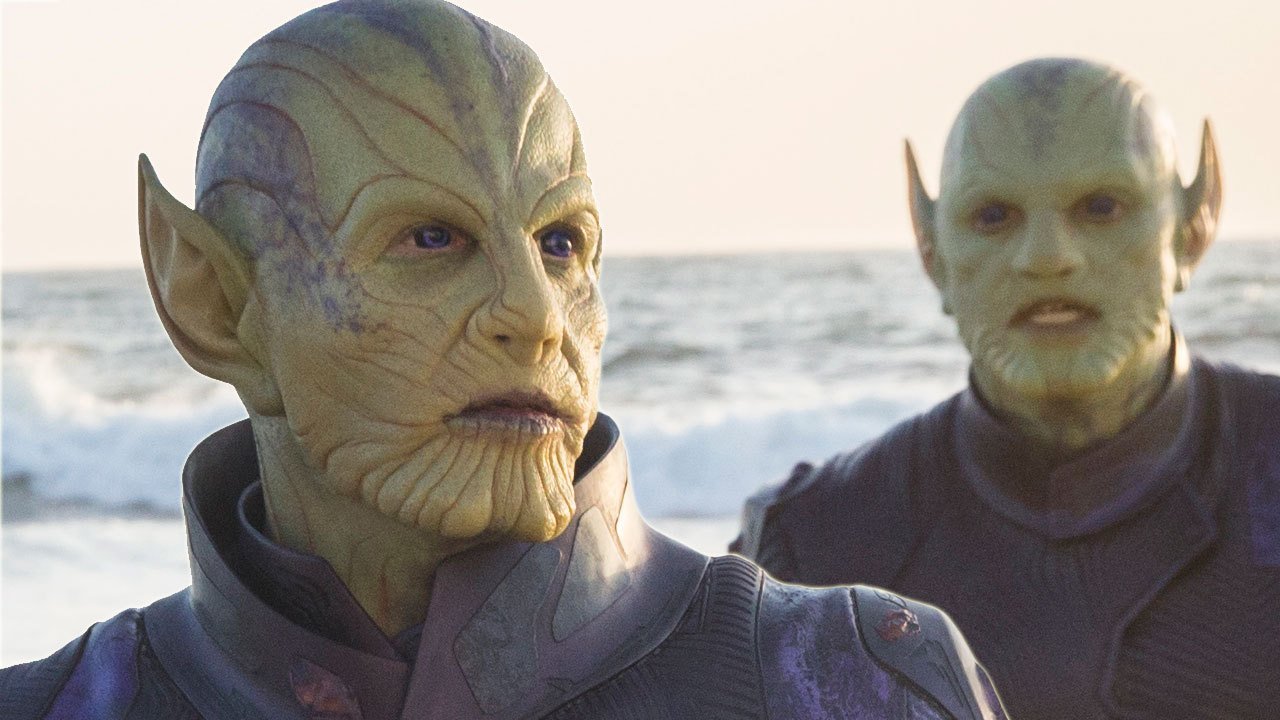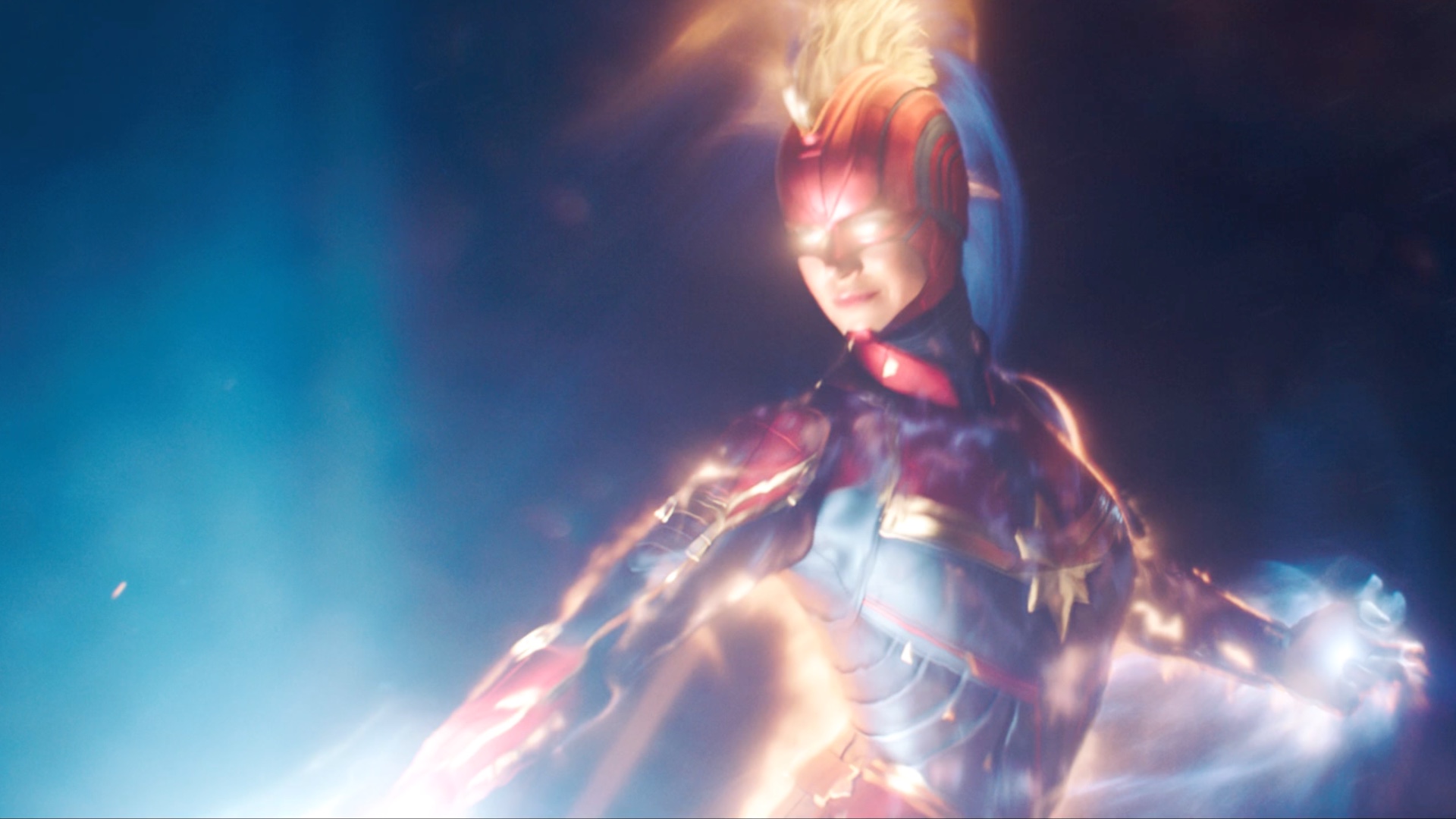Hell, even Michael Bay’s Transformers films are imbued with metanarratives. One is seen in the every-man American defending his way of life through the power of aiding Autobots or national armed forces — a call to traditional masculine roles and American nationalism. The male sexual fantasy of Mikaela speaks to the male gaze and the excessive use of product placements can be deconstructed as Bay selling the idea that films are more commercial products than high art.
Their presence, however, doesn’t mean that the pervading subtext is particularly profound or praiseworthy. It’s simply a reality. So when people whine about “feminazi film fascism” or “forced diversity”, I doubt it has to do with the problem of politics in films. It’s rather an issue of the appeal of form and a fear that it will not engage with YOUR demographic. More than just being that one big FEMINIST film, Captain Marvel is ultimately a film about identity and the power of the metanarratives. Captain Marvel is a trojan horse. Hiding beneath its heavy female empowerment brand is a timely message of self, integrity and power. It is a parable of how in a world full of shifting and conflicting narratives, we can find our way. How we can rise above it to become heroes.
The Man’s Game
Captain Marvel unsurprisingly does address the subject of feminism but not in the way some may have predicted. You may have headed into the movie expecting Captain Marvel to kick ass, take names and show all the boys out there that she gives as good as she gets. Is that feminism? Yes, it is in the way it portrays women in hypermasculine positions of power instead of them playing damsels in distress. Is it present in the film? Yes but the film’s depiction of feminism runs deeper than just hypermasculinity. It’s important to understand that feminism cannot be summed up in a single movement. Therefore definitions for empowerment and womanhood can be tricky to pin down. That being said, I do gravitate towards what American Literature and Humanities Professor Sarah Churchwell said about feminism: “an attempt to think systematically and critically about the relationship to power of half the human race”. Using Churchwell’s idea, we can begin to connect Captain Marvel’s photon powers to Captain Marvel’s womanhood.
In multiple flashbacks, we see Danvers constantly having to prove herself to her male superiors and colleagues that she is just as capable as they are. Whether it’s the “cock” pilot, her father, or the Kree Commander Yon-Rogg, she’s limited her capacity for power and autonomy in relation to these male figures. She feels the need to overcompensate for her lack of validation by playing against the cultural norms for women. What she fails to see is her need for power and validation is actually what’s stifling her from unlocking her true potential. Her male mentor Yon-Rogg refused to allow her to tap into her full potential by selling her the narrative that she must first master her mind and play by his rules. How may times have we heard that women are far too emotional and need to think clearly? We see this condescension epitomized in Yon-Rogg.
Before she can truly come into her own, she must prove herself first which feeds into that culture of toxic masculinity. By the end of the film, however, she breaks free from that subconscious metanarrative when challenged by Yon-Rogg to engage him without using her full powers. He first congratulates her on her progress she made thus far under his supervision before dangling that last bit of validation left by telling her to “drop the light show” and face him fist-to-fist. Danvers (in classic Indiana Jones fashion) doesn’t play his game and proceeds to blasts him with a photon beam. She no longer limits herself to her mentor’s narrow ideas of success, she rises above it.
The Lies of Empire
Beyond merely tackling gender constructs, Captain Marvel joins the likes of Captain America: Winter Soldier, Civil War and Black Panther in discussing the dark side of nationalism. The Kree Empire can be seen as a physical manifestation of Imperialism, namely the American ideal of manifest destiny. It is the concept and metanarrative that it is the divine right of colonial Americans to bring their order and values to the savages of the land around them, through any means necessary, through soft power or military might. The Kree Empire, in the MCU at least, is the very epitome of manifest destiny. The Kree Starforce are free to infiltrate and pacify any “terrorist” targets in a local planet by any, violating a planet’s sovereignty. Ronan and his Accusers are willing to launch missiles from their intergalactic fleet from orbit without any care for the collateral damage below. And why you ask? To quote Yon-Rogg and his Starforce soldiers before they attacked the planet of Torfa, “For the good of all Kree.”
It’s not hard to find historical examples of whole armies and regimes perpetrating war crimes and atrocities in the name of manifest destiny. You know Nazis, the U.S.S.R., the American war machine, the usual suspects. What they all have in common is that these regimes require their soldiers repress any sense of personal morality to better adopt national or imperial agenda. We see this most evidently in the character of Carol Danvers, who is both a victim and proponent of the Kree Empire at the beginning of the film. She truly believes that her enemies, being the Skrulls are terrorists and that it is her duty to bring them to heel to ensure the safety of the empire. She believes it is what makes her a hero or a “noble warrior hero”.
Throughout the film, we see the effects of the Kree Empire on her psyche and self-esteem. Since her arrival on the planet of Hala, she’s been brainwashed into believing she owes everything from her powers to her purpose to her life to the Kree and their leader, the Supreme Intelligence. It is only when she begins to see past the myth of her destiny, the fallibility of her cause and the true cost of war on the Skrulls, does she break away from the lies of the Kree Empire. She chooses to make a personal moral stand to fight on behalf of the Skrull refugees and even attempts to help them establish a new homeworld. To those who would see Captain Marvel as a blatant monetization of feminist activism, I’d implore you to look beyond your prejudices. Hell, I’m not immune to my own. While there are definite moments that are targeted to empower women, the film is so much more than just a fantasy or ego trip. It’s a call to not only recognize one’s power and ability but more importantly how one relates said power to the people and environment around them. Captain Marvel chose to look past her insecurities to fight for people without a voice. She chose to be a hero.





